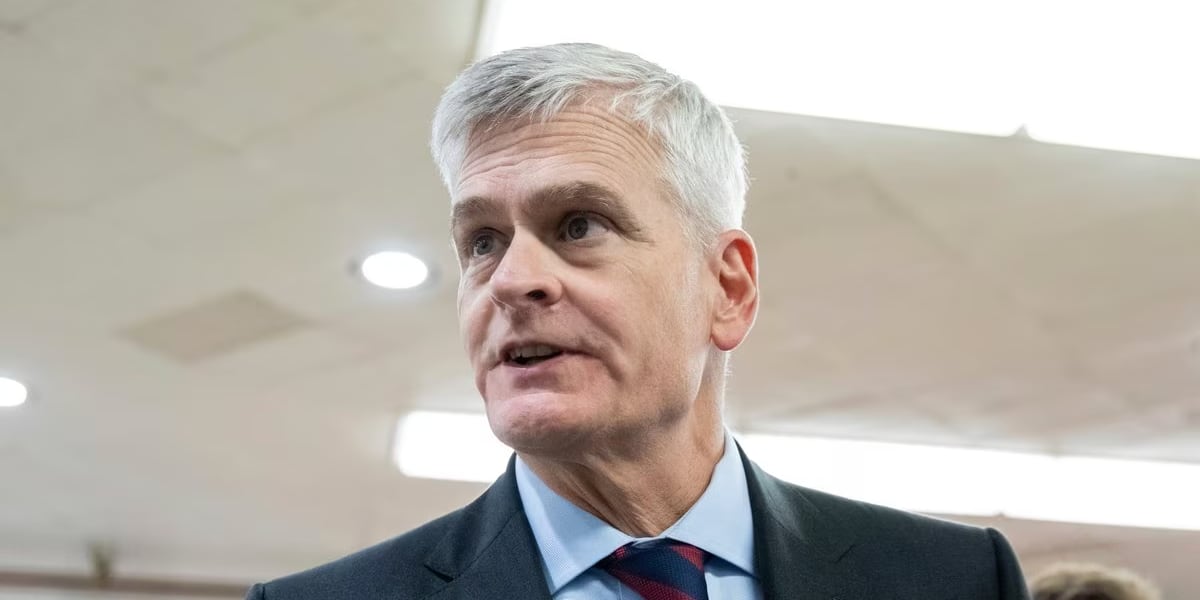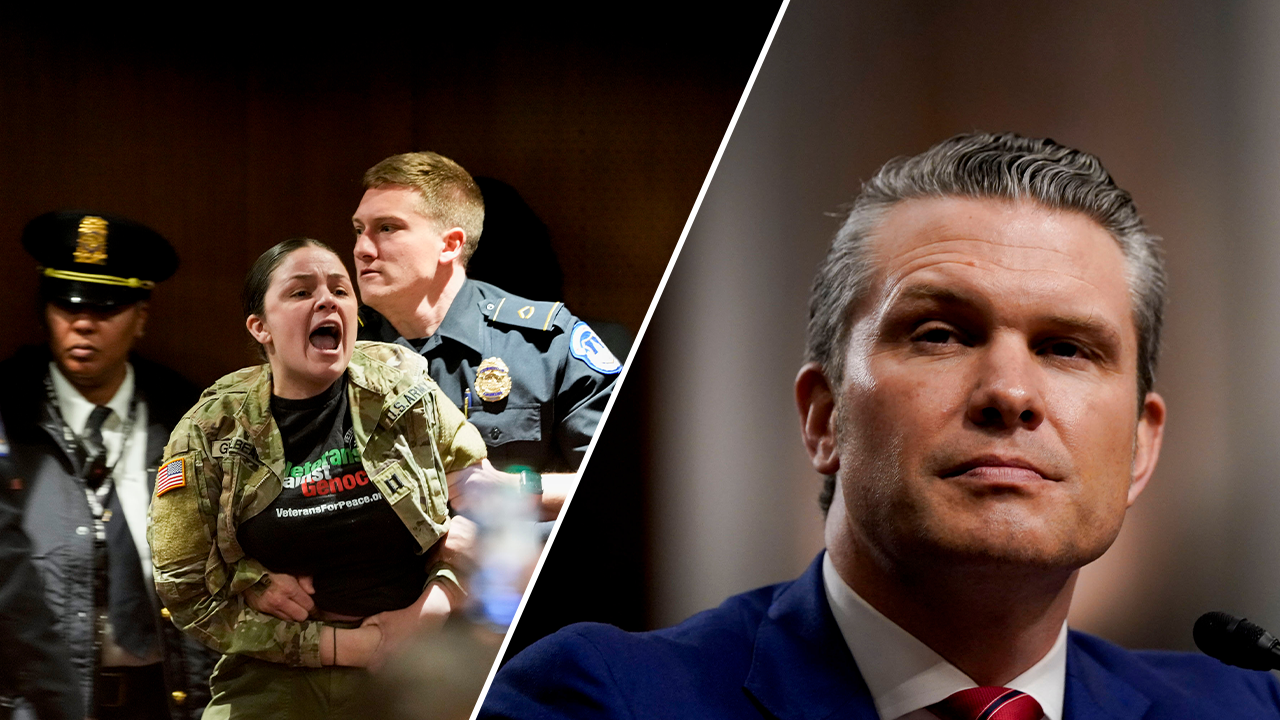As the destruction continues with southern California’s wildfires that could be the costliest in U.S. history, one West Virginia University researcher said ongoing warm air temperatures and variable precipitation will lead to even more extreme fires in the future.
Amy Hessl, a geography professor and paleoclimatologist in the WVU Eberly College of Arts and Sciences, has studied the relationship between fire and climate throughout the world, particularly North America, Central Asia and Australia. She attributes the widespread devastation of California’s fires to an unusual weather pattern, known as the Santa Ana or “devil winds,” that are unique to that area.
Hessl is known for her expertise as a dendrochronologist, a scientist who unravels climate histories and trends through the study of tree ring growth patterns.
Quotes:
“California’s wildfires are expected to continue to be more extreme, more frequent, more widespread and more devastating as air temperatures continue to warm and precipitation becomes more variable. This creates alternating wet periods when fuels can build up, with extreme dry and hot conditions conducive to fire activity.
“Santa Ana winds, or ‘devil winds,’ are unique to southern California. They are an unusual weather pattern that gets set up when there is a high pressure in the desert of the Southwest and a low pressure over the Pacific Ocean, near Los Angeles.
“Air will move from high to low pressure and, in the case of the Santa Anas, this means that really hot, dry air moves from the desert up over a series of mountains. Every time that air descends towards the coast, it gets hotter due to an increase in pressure. Many fire scientists and firefighters believe that the Santa Anas produce the most extreme fire conditions anywhere in the world.
“Long records of past fires — that you can get from old trees that survived past fires, but recorded scars — can tell us a lot about how often fires occurred in the past, prior to European colonization, and what these records often tell us is that fires of pre-colonial periods were, in many cases, less extreme but more frequent than they are today.
“This change that we have seen in many places in the world is caused by the interaction between human-caused climate change, the history of land management leading to more abundant and more connected fuels, and people moving to the wildland urban interface — in other words —putting themselves in the way of fire.” — Amy Hessl, professor of geology, WVU Eberly College of Arts and Sciences
West Virginia University experts can provide commentary, insights and opinions on various news topics. Search for an expert by name, title, area of expertise or college/school/department in the Experts Database at WVUToday.
-WVU-
js/1/14/25
MEDIA CONTACT: Jake Stump
Director
WVU Research Communications
304-293-5507; Jake.Stump@mail.wvu.edu
Call 1-855-WVU-NEWS for the latest West Virginia University news and information from WVUToday.





















/cdn.vox-cdn.com/uploads/chorus_asset/file/25822586/STK169_ZUCKERBERG_MAGA_STKS491_CVIRGINIA_A.jpg)

/cdn.vox-cdn.com/uploads/chorus_asset/file/25821992/videoframe_720397.png)



